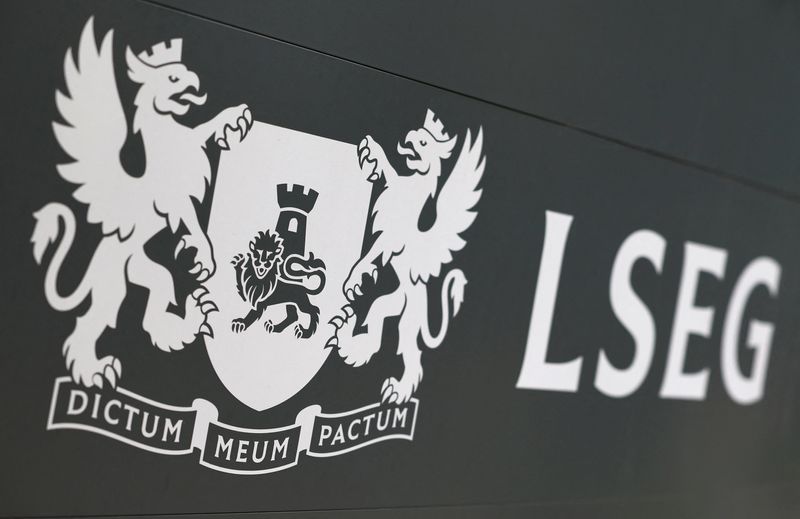By Khushi Singh and Sruthi Shankar
(Reuters) - Early gains in the UK's blue-chip stock index fizzled out on Thursday after drugmaker AstraZeneca (NASDAQ:AZN) fell more than 6% after disappointing earnings and outweighed a jump in the shares of British American Tobacco (LON:BATS) and Unilever (LON:ULVR).
AstraZeneca shares closed at their lowest level since October 2022 after a step-up in R&D and price reductions for some medicines in emerging markets led its fourth-quarter profit to disappoint analyst expectations.
"The company issued strong guidance for growth in 2024 and its revenue numbers were solid, but there were some red flags for investors, including rising costs and softer-than-expected margins," said Mark Crouch, analyst at investment platform eToro.
"Astra's poor performance since the summer has been a key driver for the FTSE 100's inability to keep up with its peers, and today's numbers suggest that weight will continue for the time being."
The blue-chip FTSE 100 slipped 0.4%, reversing early gains of as much as 0.3%.
Limiting losses in the index, British American Tobacco advanced 7.1% after it said it was "actively working" to sell some of its shareholding in India's ITC, allowing it to pay down debt and move faster towards the leverage range at which it could resume buybacks.
Unilever rose 3.2% after the Dove soap-maker reported a rise in fourth-quarter sales and launched a 1.5 billion euro ($1.6 billion) share buyback programme.
The midcap FTSE 250 closed flat, having shed all of its morning gains as shares of PZ Cussons (LON:PZC) Plc came under pressure for a second day after its profit warning.
DS Smith jumped 9.8% after packaging company Mondi (LON:MNDI) said it was in the early stages of considering a possible all-share bid for its smaller rival. Mondi slid 3.3%.

On the macro front, Bank of England (BoE) rate-setter Catherine Mann said supply chain disruption from hostilities in the Red Sea could quickly feed into companies' pricing decisions, exacerbating Britain's inflation problem.
Markets have revised expectations for the first UK interest rate cuts, with the first reduction not fully priced until August.